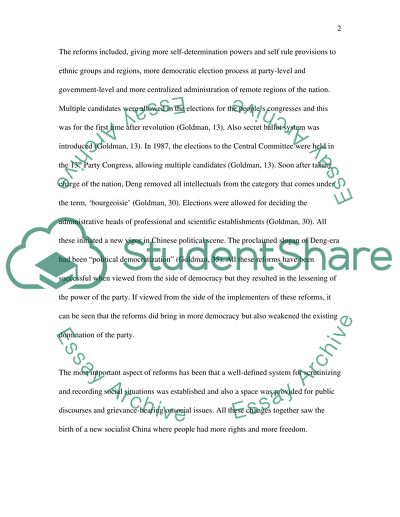Cite this document
(“20 century China Essay Example | Topics and Well Written Essays - 3000 words”, n.d.)
Retrieved from https://studentshare.org/history/1411679-20-century-china
Retrieved from https://studentshare.org/history/1411679-20-century-china
(20 Century China Essay Example | Topics and Well Written Essays - 3000 Words)
https://studentshare.org/history/1411679-20-century-china.
https://studentshare.org/history/1411679-20-century-china.
“20 Century China Essay Example | Topics and Well Written Essays - 3000 Words”, n.d. https://studentshare.org/history/1411679-20-century-china.


